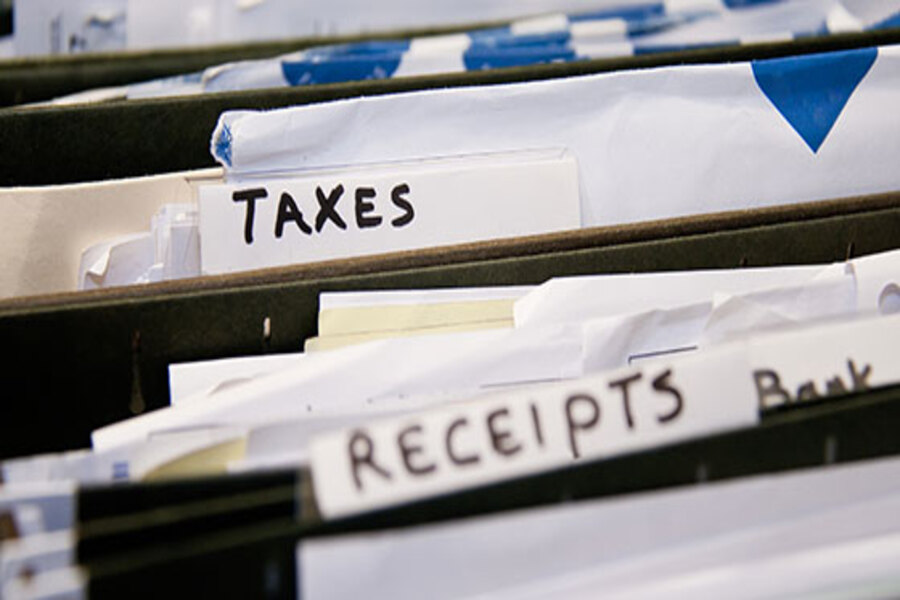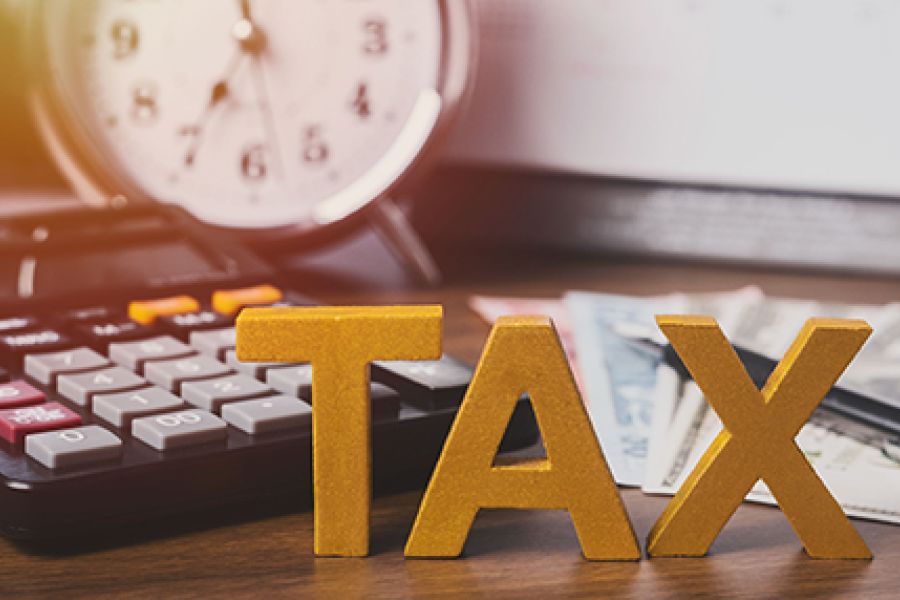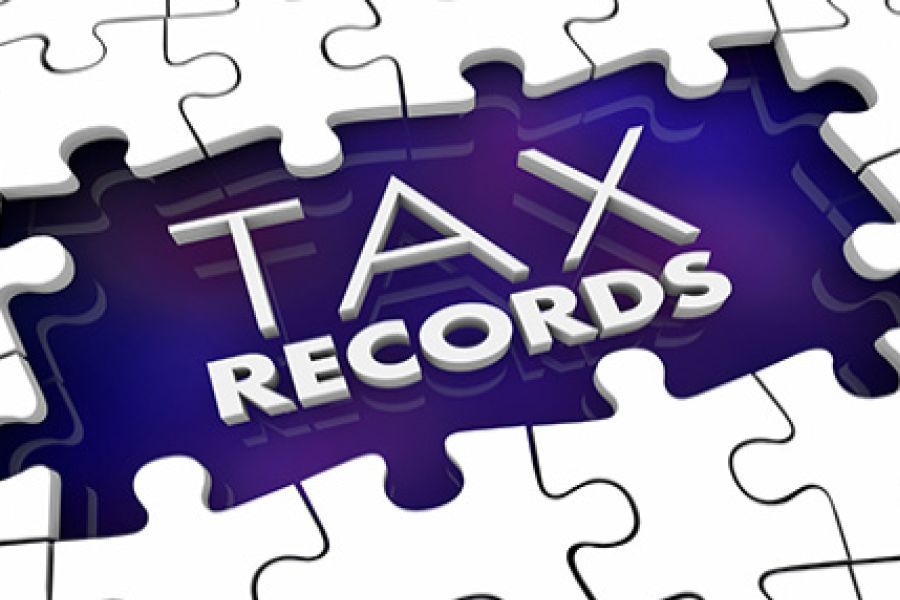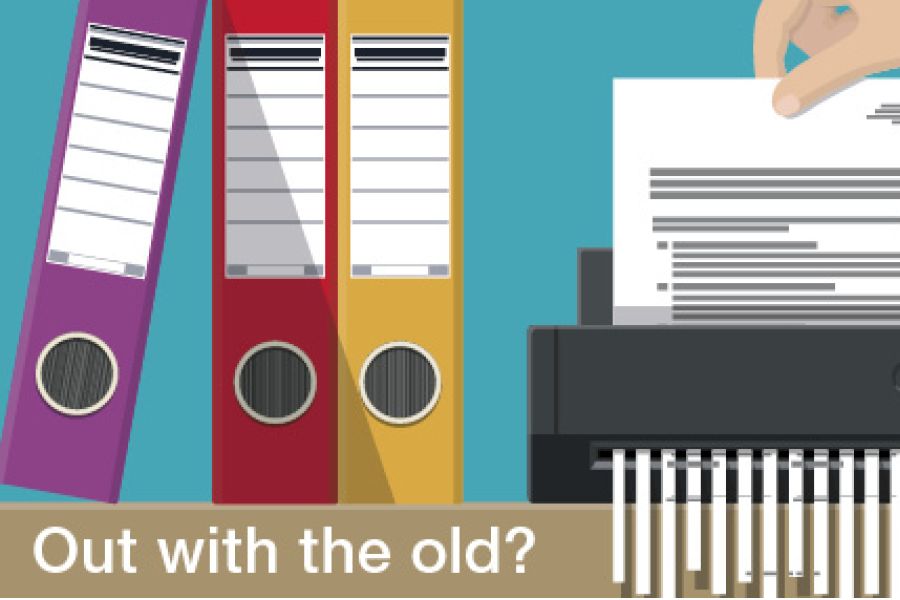Once you file your 2022 tax return, you may wonder what personal tax papers you can throw away and how long you should retain certain records. You may have to produce those records if the IRS audits your return or seeks to assess tax. It’s a good idea to keep the actual returns indefinitely. But what about supporting records such as receipts and canceled checks? In general, except in cases of fraud or substantial understatement of income, the IRS can only assess tax within three years after the return for that year was filed (or three years after the return was due). For example, if you filed your 2019 tax return by its original due date of April 15, 2020, the IRS has until April 15,...






